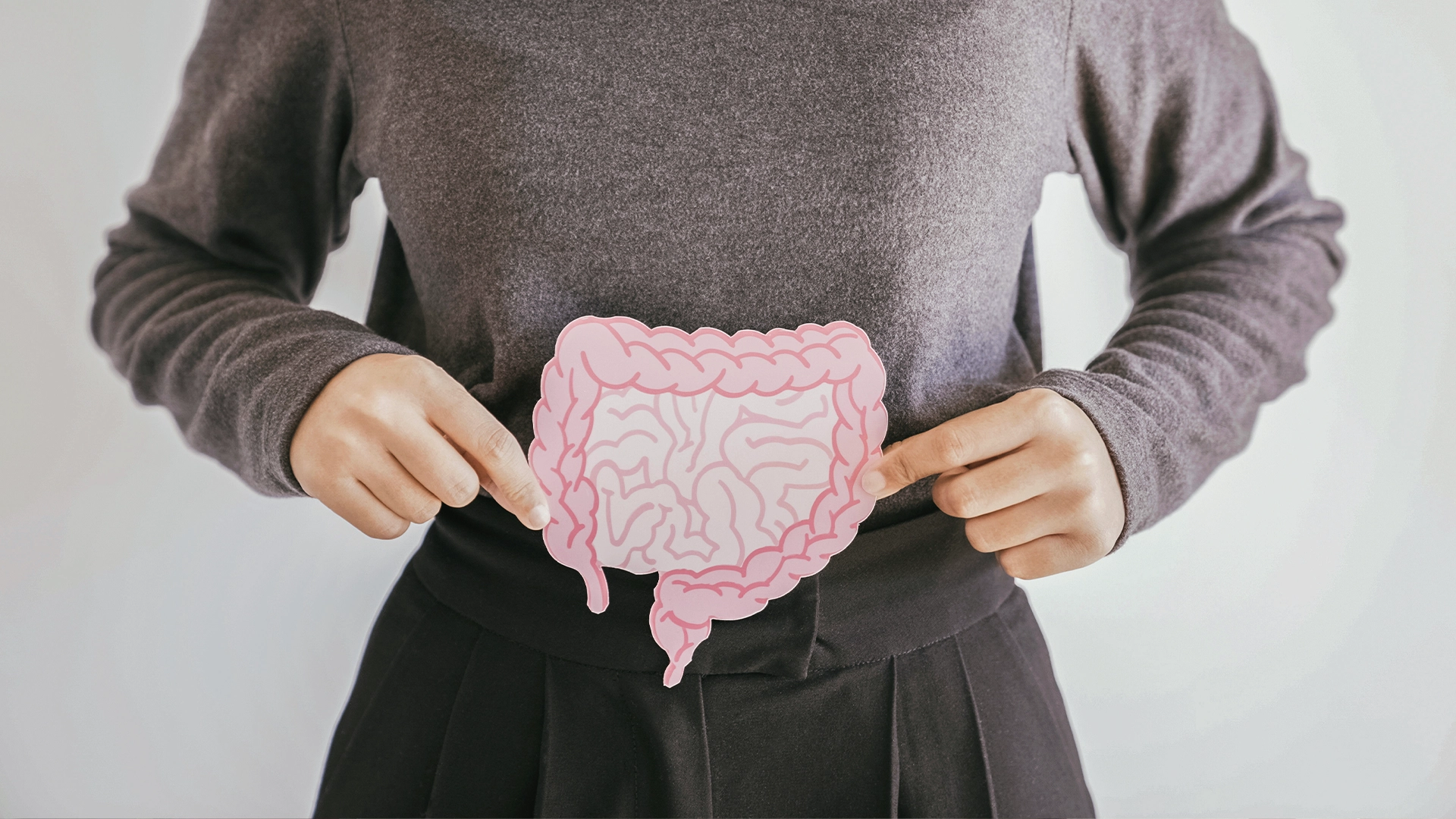Microbiota and gut health
Anatomy of microbiota and microbiome
In this short video, we will delve into the complex and dynamic ecosystems of microorganisms that inhabit the human body.

Microbiota vs. Microbiome: Understanding the difference
Microbiota and microbiome are terms often used interchangeably, yet they entail distinct concepts in terms of microbial ecology.
- Microbiota refers to the collective community of microorganisms inhabiting a specific environment, such as the human body, soil, or water.
- The microbiome encompasses not only the microorganisms themselves but also their collective genetic material, including genes and genomes.
The role of the human microbiota
The human microbiota, an intricate consortium of microorganisms residing within the skin, oral and gastrointestinal tract, plays a pivotal role in maintaining host health and disease.
Comprised of bacteria, archaea, viruses, and eukaryotic microbes and spanning various niches such as the skin, gastrointestinal tract, and reproductive organs, the microbiota exerts profound effects on metabolic processes, immune system modulation, and pathogen defense.
Advances in microbiological research have helped unravel the complex symbiotic relationships between these microbial communities and their host, revealing their critical involvement in nutrient absorption, synthesis of essential vitamins, and the development of mucosal immunity.
The Gut Microbiota
The gut microbiota serves many important functions such as:
- Fermentation of food components and release of end products (e.g. short chain fatty acids)
- Vitamin synthesis (e.g. vitamin K and B vitamins)
- Educating the immune system (e.g. shaping both innate and adaptive immunity)
How the microbiota develops
At birth, infants enter the world essentially sterile but from that moment, a remarkable process of colonization begins.
Babies are swiftly embraced by a microbial world, initially encountering bacteria from their mother’s vaginal canal during childbirth, or through contact with fecal matter, skin, and saliva.
Delivery and feeding methods emerge as pivotal influencers shaping this microbial landscape.
Vaginal birth and breastfeeding foster a favorable microbiota, while cesarean sections and antibiotics are suspected to alter its delicate balance.
Microbiota across the lifespan
The composition of the microbiota fluctuates significantly during the first one to two years of life but stabilizes thereafter, although it is influenced by many factors.
How modern living impacts our microbiota
The past half-century has witnessed a dramatic shift in how we live. While modern conveniences abound, these advancements may be coming at a cost to our internal ecosystem.
Here’s how our modern lifestyle disrupts the delicate balance of our microbiota:
- Antibiotic disruption: Antibiotics, while essential for fighting infections, can harm both beneficial and harmful bacteria in the gut, disrupting the carefully balanced community.
- Over-sanitization: The widespread use of harsh sanitizers and soaps, while promoting cleanliness may also unintentionally deplete the microbiota of beneficial residents.
- Modern lifestyle and diet: A sedentary lifestyle may impact the microbiota. Also, the modern diet, often high in processed foods, sugar, caffeine, and alcohol, lacks the fiber-rich fruits and vegetables that nourish beneficial gut bacteria.
Implications for health and disease
Imbalance in microbiota composition and function, often termed dysbiosis, have been implicated in a spectrum of conditions that can be avoided through dietary changes..
Understanding the intricate dynamics of the microbiota is essential for developing novel therapeutic strategies aimed at restoring and maintaining homeostasis within this microbial ecosystem.
Unlocking the power of gut bacteria
Within the complex world of the human microbiota, gut bacteria stand out as key players, exerting diverse effects that range from defending against pathogens to shaping the immune system and influencing the gut-brain axis:
- Defending against pathogens: Shielding the body from harmful invaders is a fundamental role of gut bacteria.
- Shaping the immune system: Gut bacteria serve as tutors, educating the immune system and fine-tuning its responses for optimal health.
- Nurturing the gut-brain connection: Through the intricate gut-brain axis, gut bacteria communicate with the brain via the nervous system, influencing mood, cognition, and behavior.
- Detoxification: Engaged in the breakdown of toxic substances, gut bacteria aid in detoxification processes within the body.
- Nutrient production: From vitamins to essential nutrients, gut bacteria are proficient producers, ensuring our bodies receive vital sustenance.
- Fiber degradation: Gut bacteria act as skilled decomposers, breaking down dietary fibers and facilitating digestion for improved nutrient absorption.

An emerging frontier for human health
Emerging therapeutic strategies are being designed to enhance microbial diversity, re-establish beneficial microbial interactions, and restore metabolic and immune functions disrupted by dysbiosis. By leveraging the intricate interplay between the gut microbiota and host physiology, clinicians may potentially mitigate the impacts of various conditions and promote overall health.
The integration of microbiome modulation into clinical practice necessitates a deep understanding of microbial ecology, patient-specific factors, and the dynamic nature of the gut ecosystem, hopefully paving the way for personalized approaches in the future.
What are probiotics?
Probiotics are live microorganisms, primarily bacteria and yeasts, that provide numerous health benefits when consumed in adequate amounts.
